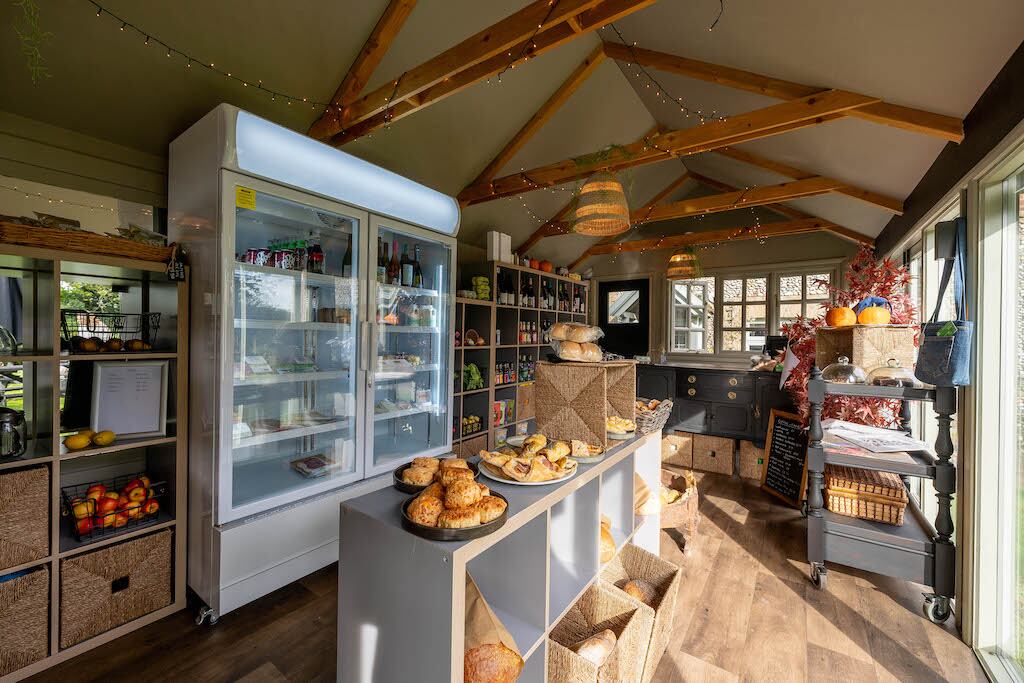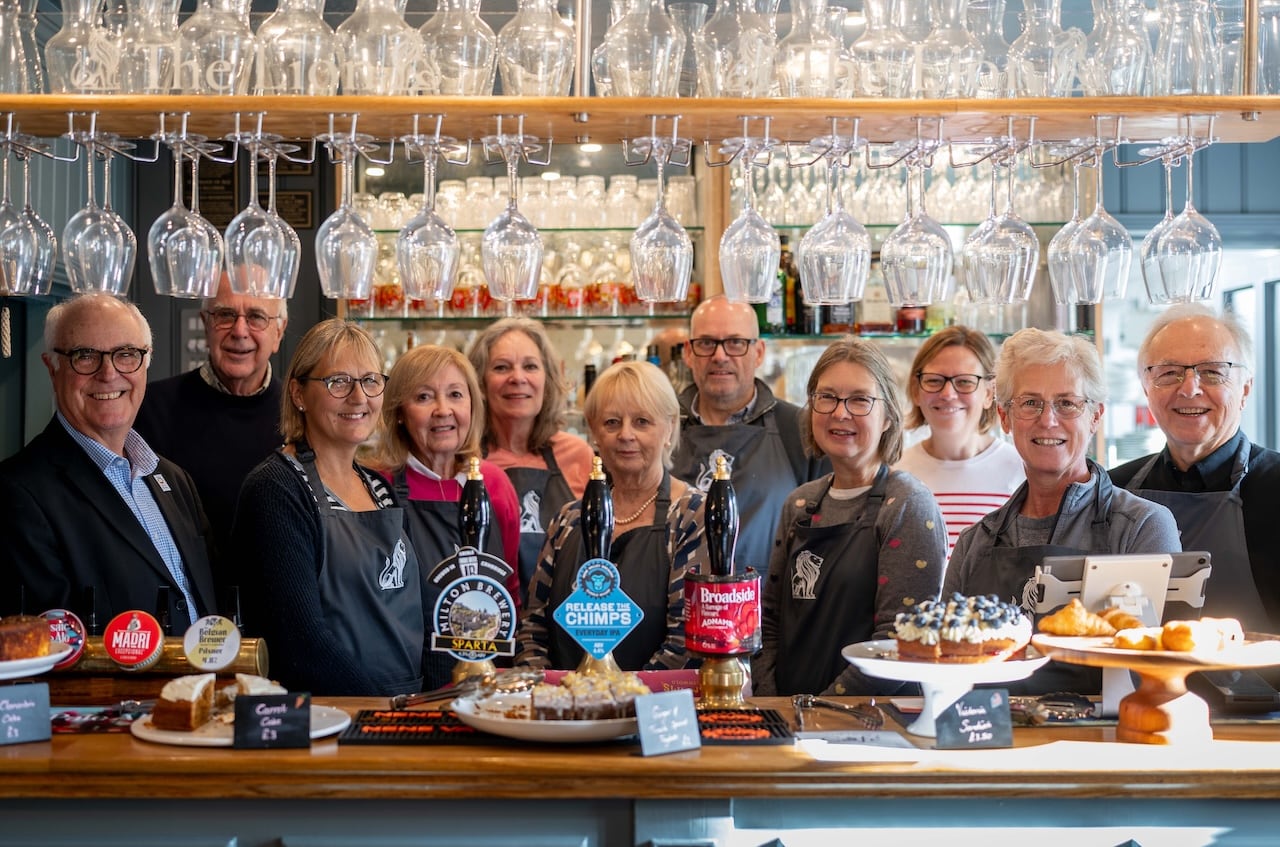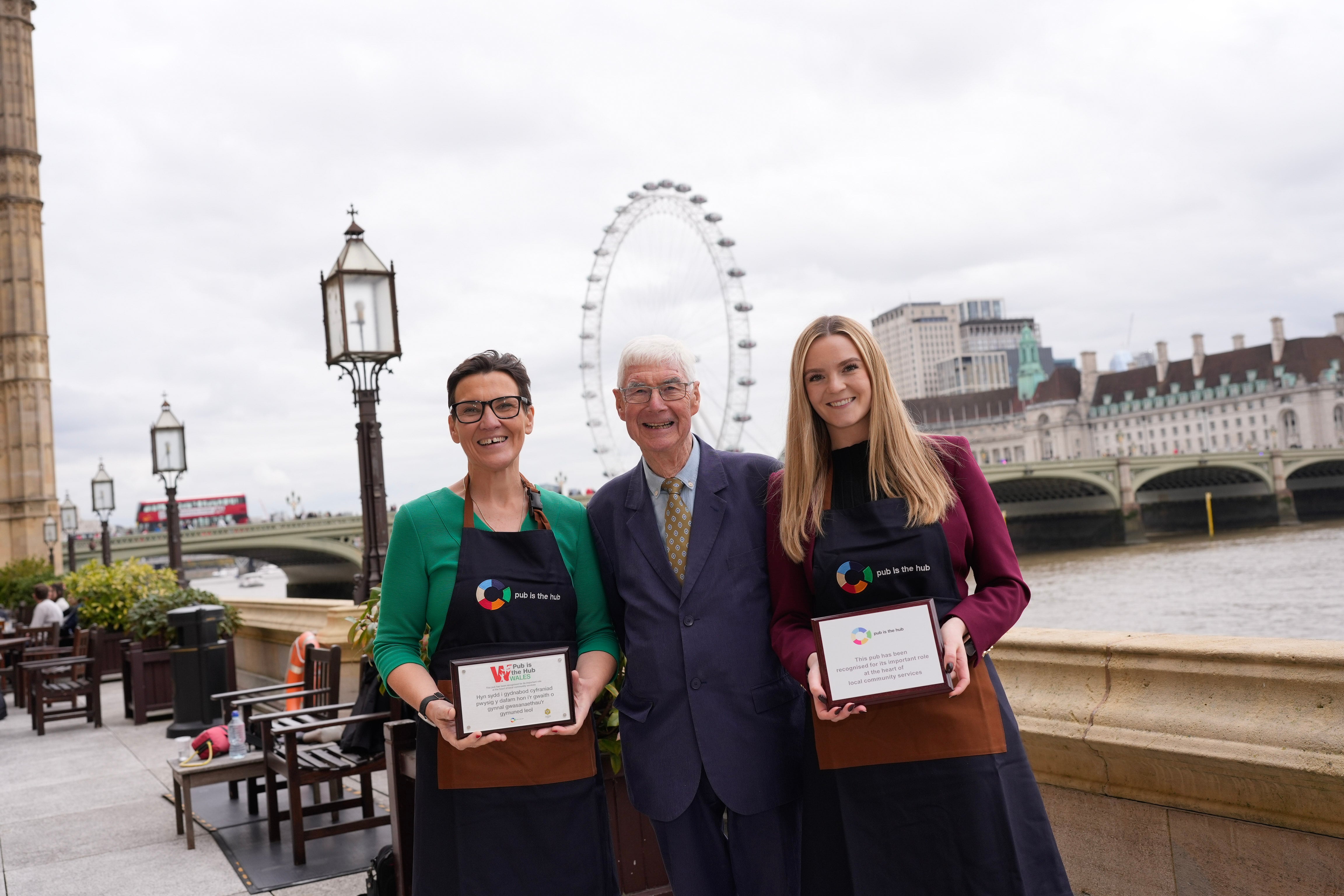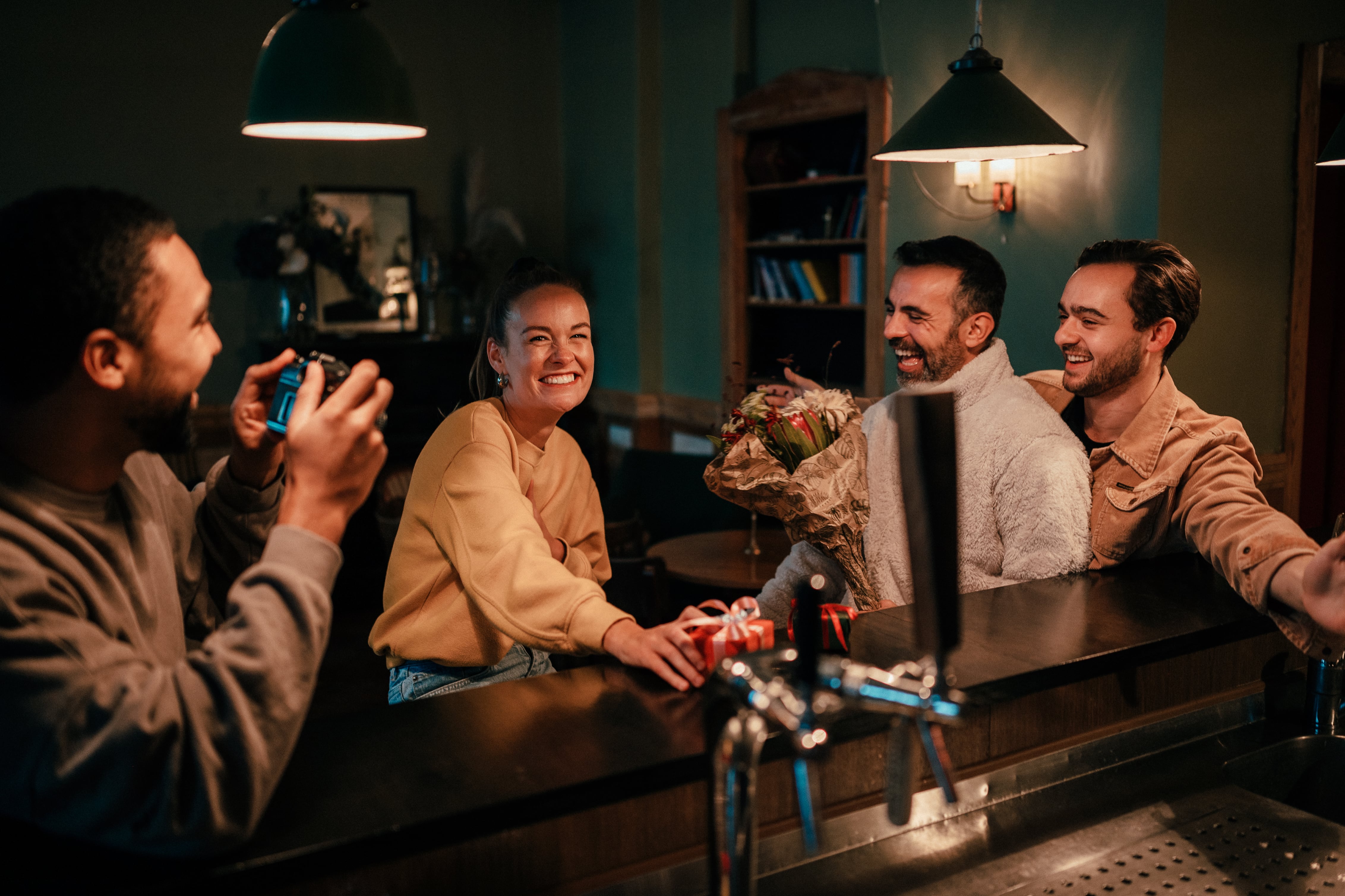That role is becoming harder to sustain. Data to the end of June 2025 shows the number of pubs in England and Wales has fallen to 38,780, down 209 in six months and 2,283 since 2020, according to analysis by global tax firm Ryan.
The firm blames a squeeze on business rates relief, higher national insurance, wage growth and packaging taxes. For smaller pubs, the cut to rates relief from 75% to 40% this year has pushed the average bill from £3,938 to £9,451.
Pubs are vital
The British Beer & Pub Association (BBPA) warns the trend is damaging not only economically but socially. Its latest polling shows 67% of Britons view pubs as vital for tackling loneliness and isolation. Two in five say they have seen closures in their area, while one third report that they or someone they know has felt lonelier after losing a local.
A separate survey by Zonal, CGA by NIQ and UKHospitality reinforces that view. 69% of consumers say hospitality plays an important role in their community, rising to 79% among 25–34-year-olds.
Three quarters believe the industry deserves more government backing. When asked which local business matters most to them, pubs topped the list - proof that their value lies beyond what’s poured at the bar.
Pub is The Hub’s Social Value report found that every £1 invested in pub-based services and activities generates £8.28 of community benefit. Local events have been shown to cut isolation and boost rural resilience.
The Department for Business and Trade recently backed that work with £440k in new funding to expand such schemes as part of its Plan for Change.
Employment rights and consumer protection minister Kate Dearden described rural pubs as “vital community assets” that “provide people with a place to socialise and come together”.
Labour MP and chair of the All-Party Parliamentary Beer Group (APPBG) Tonia Antoniazzi echoed the sentiment, saying rural pubs underpin local economies and bring people together - “initiatives like this are really important.”
Broader offerings
At ground level, the impact is clear. The Lion at Ickleton near Cambridge, bought by residents through a community benefit society, now runs a volunteer-led café attracting around 50 visitors a month in addition to its bar trade. Supported by Pub is The Hub, it has become a meeting place for families, older residents and people living alone, an example of how a pub can rebuild connection.
Many operators are broadening their offer in other ways. Across the sector, publicans are leaning into fundraisers, dance parties, craft markets and wellbeing events to reach new audiences.
Across the wider market, operators are adapting fast to changing habits. Many are shifting focus to earlier day-parts as evening trade softens, using brunch, coffee and set-price lunch offers to keep sites active throughout the day.
Barons, which operates a dozen pubs across the South East, has reported strong lunchtime trade after introducing new breakfast and brunch menus, noting that fewer customers now book after 7.30pm.
In a similar vein, founder and MD of Seafood Pub Co Joycelyn Neve pointed to new formats in rural areas. “Takeaway breakfast has been a win – people are happy to grab a bacon roll and a brew to go, even if they don’t want to spend £20 on a sit-down breakfast.”
Marcus Hospitality Group has diversified its offer with a bakery inside its Butcher Bhoy pub in Norwich and a coffee-hatch at its cocktail bar to attract office workers and daytime visitors. Both examples point to a growing recognition that pubs can no longer rely solely on wet sales or evening footfall, they must function as flexible, multi-use spaces.
Analysts have described this as part of a broader “structural shift” in the sector. Operators are experimenting with formats that extend the pub’s purpose: Cheshire Cat, for example, is focusing on pubs with rooms.
Pubs with rooms can capture staycations and remote workers, while they can also offer co-working and event spaces that blend hospitality with entertainment or wellness.
These concepts reflect a new kind of local, built on experience, inclusivity and utility as much as tradition.
Daytime raves
RedCat Pub Company chief executive Richard Lewis recently said initiatives such as daytime raves are helping sites tap into new customer bases and maintain trade through quieter hours while building new forms of loyalty.
Industry analysts have also noted a rise in demand for experience-led events. A Guardian report found a 20% increase in UK pubs hosting themed nights year on year, as operators look to diversify revenue streams and keep customers engaged.
The story of the modern pub is no longer just one of closures; it is one of adaptation. Pubs are stepping in to fill gaps left by stretched public services, offering spaces for wellbeing sessions, advice clinics and warm social contact. They remain places of work, celebration and connection, filling roles that few other spaces can.
Keeping pubs running will depend on continued innovation from operators and a renewed recognition of their social value. The sector is proving that pubs can thrive when they evolve with changing lifestyles, but targeted government support, fairer business rates and sustained community use are vital if that momentum is to last.
The message from the data and the sector is the same: pubs are not a luxury. They are essential to the country’s social fabric, and when we invest in them - as communities, customers or policymakers - the return reaches far beyond the till.





